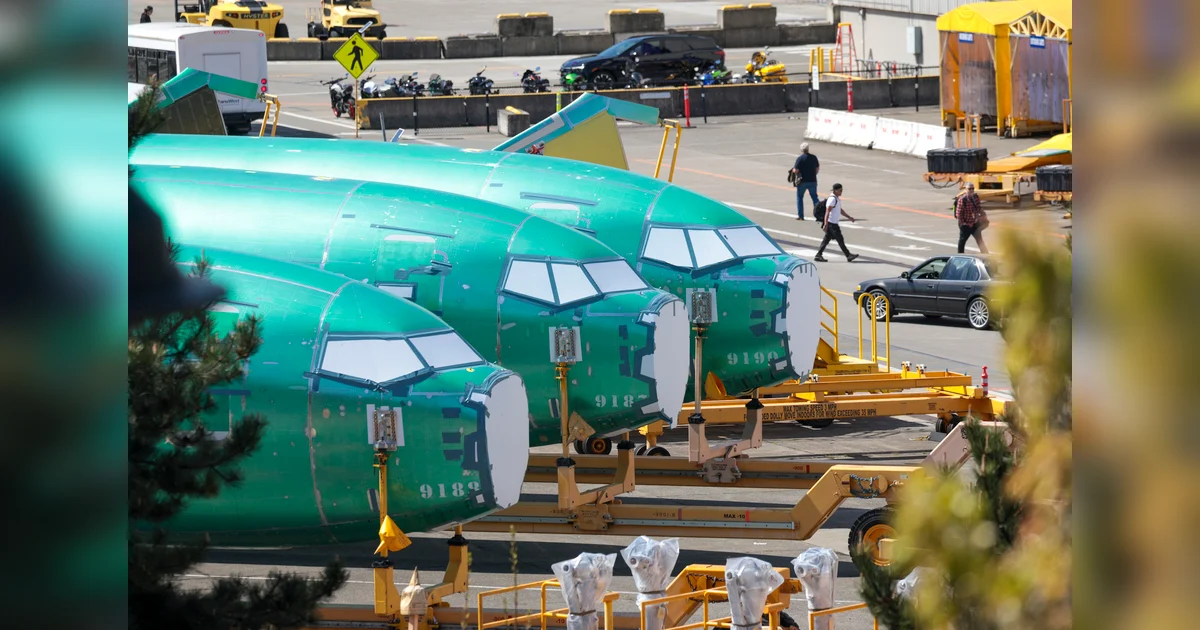US Airlines and Manufacturers Oppose Tariff Protection
US airlines and manufacturers of aerospace insist that they have no commitment to tariff protection and warn that the proposed taxes of the administration could eat into the healthy trade surplus that the sector has enjoyed for more than 70 years.
Background
At the request of President Donald Trump, the Commerce Minister’s department stopped an investigation on May 1st to determine whether civil aircraft and parts, including engines, were between 10 and 20 percent. The US industry quickly responded that it was not interested in protection.
Industry Concerns
"A wide tariff or non-tariff trade obstacles for imports of civil aviation technology would be the risk of the reversal of decades of industrial advances and damage to the domestic supply chain," said the Aerospace Industries Association (AIA) in a letter. The interested parties received until June 3 to communicate their positions.
Proposed Tariffs
The next day, the Commerce Minister announced that Washington wanted to determine the standard for aircraft part duties by the end of this month. "The key is to protect this industry," he said, adding: "We will use these tariffs to improve American industry." But the AIA and the trade association of airlines expressed the fear that the tariffs would harm the US manufacturers.
No Need for Protection
"In contrast to other industries, industry prioritizes the domestic production of high-quality components and the final assembly for the production of civil aviation," emphasized AIA. According to the organization, the US aerospace and defense exports reached $135.9 billion in 2023, including $113.9 billion for civil aviation.
Trade Surplus
This enabled the sector to generate a trade surplus of $74.5 billion and invest $34.5 billion in research and development. The sector employs more than 2.2 million people in the United States in more than 100,000 companies, which were worth almost $545 billion in 2023.
International Agreement
The trade association of airlines emphasized how advantageous the international agreement on trade in commercial aviation was by contributing to eliminating tariffs and trading barriers for almost half a century. "The US civil airfield industry is the success story that President Trump is looking for when it leads civil aerospace worldwide," it emphasized.
Competition Disadvantage
For manufacturers, the potential tariffs would behave like sand in a well-oiled machine, which has been running smoothly for decades. They would also get an ultra-sensitive supply chain out of balance, which is still recovering from the Covid 19 pandemic. "In order to avoid the situation, we are committed to keeping aerospace outside of trade," said the head of the International Air Transport Association.
Supply Chain Concerns
AIA now emphasized that "planes and parts already have high demand and have a limited offer". "The integration of new suppliers and the expansion capacity is complex, in good time and expensive," warned, and points out that the search for suppliers who can meet strict security certifications could take "up to 10 years".
Airline Concerns
Delta Air Lines also argued that they stick to the status quo and warned that the proposed tariffs "would hinder the ability of the delta to maintain their current trajectory". "If component parts arise when they enter the United States, Delta will have a competitive disadvantage for foreign competitors," it said. The head of Delta insisted that the airline "will not pay tariffs for aircraft", and added that it "worked very closely with (European Group) Airbus to minimize the effects.

